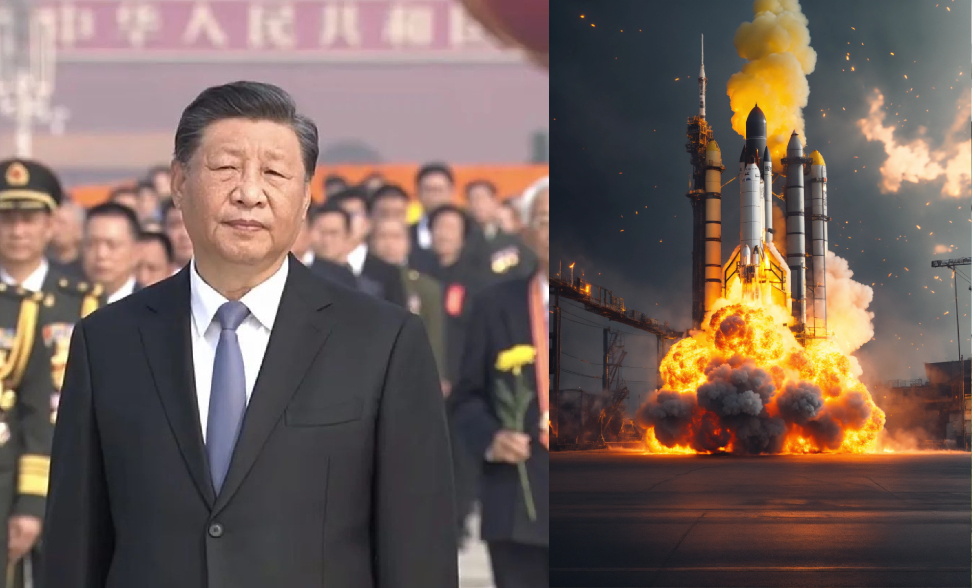Background and Timeline
In 2012, Xi Jinping assumed power in China.
Nineteen days after taking office, Xi Jinping expressed the importance of China being ready for potential conflicts.
His focus shifted towards strengthening China’s nuclear capabilities.
Xi Jinping’s Perspective
Xi Jinping views a robust nuclear capability as crucial for China’s great power status.
Initially developed for defense, China is now considering using its nuclear arsenal as a means of intimidation without necessarily deploying nuclear weapons.
Scale of Nuclear Buildup
Xi Jinping has led a significant increase in China’s nuclear arsenal in the past decade.
The number of warheads has doubled to around 500, and there are plans to reach approximately 1,500 by 2035, comparable to the United States and Russia.
Military Developments
China is investing in various military technologies, including missiles, submarines, bombers, and hypersonic vehicles for nuclear strikes.
Implications for Taiwan
The growth of China’s nuclear capabilities could influence its stance on Taiwan.
Beijing may gain confidence in limiting external intervention, especially from the United States, in a conflict involving Taiwan.
Global Impact and Concerns
China’s expanding nuclear capabilities could complicate its competition with the United States.
There are concerns about the future of major arms control treaties due to China’s actions.
Xi Jinping’s Commitment
Despite potential challenges, Xi Jinping remains committed to building and strengthening China’s “strategic deterrence forces.”
Potential Risks for the U.S.
The evolving Chinese nuclear capabilities pose challenges for U.S. decision-makers.
Risks include conventional clashes escalating into a nuclear confrontation and difficult decisions regarding potential targets for strikes in China.
Dual Conventional-Nuclear Capabilities
China’s expanded arsenal includes dual conventional-nuclear capabilities.
This provides nuanced options for escalation, potentially targeting not only major U.S. cities but also military bases in the Asia-Pacific region.
Impact on U.S. Decision-Making
In the event of a conflict over Taiwan, U.S. presidents may face tough decisions, including uncertainties about the threshold for nuclear escalation and strategic targets in mainland China.
Debates and Tensions
China’s nuclear expansion has sparked debates in Washington on how to respond.
Doubts about the future of major arms control treaties and increased tensions between the U.S. and Russia are among the consequences.
